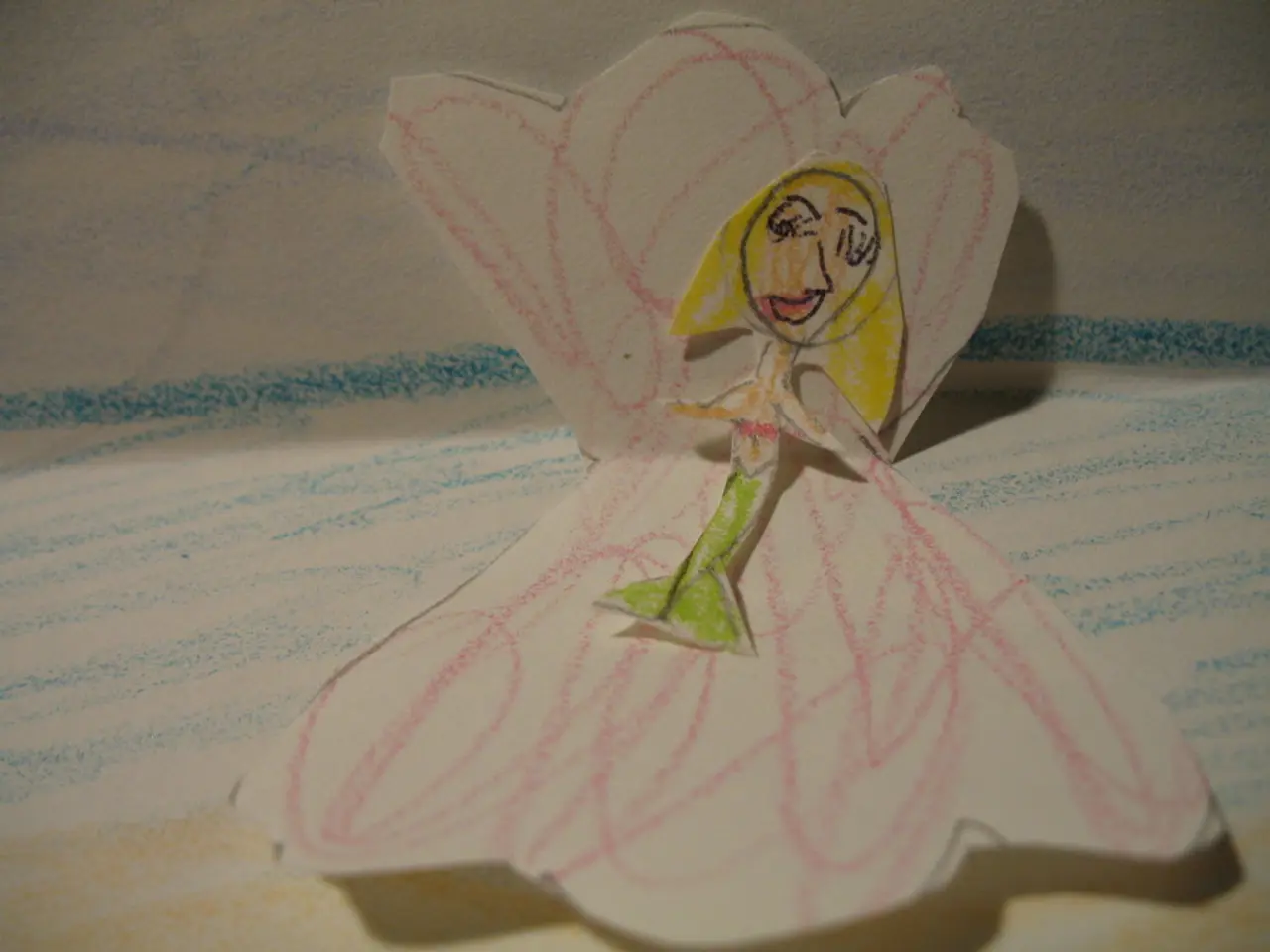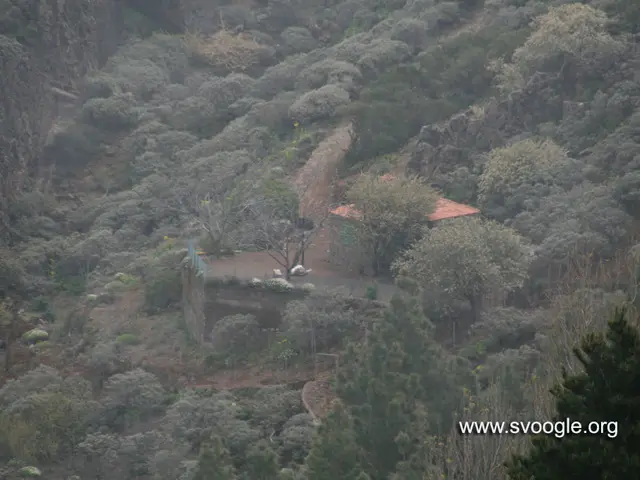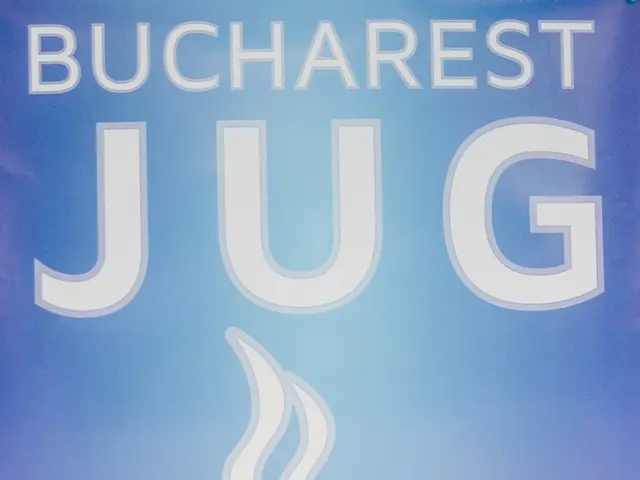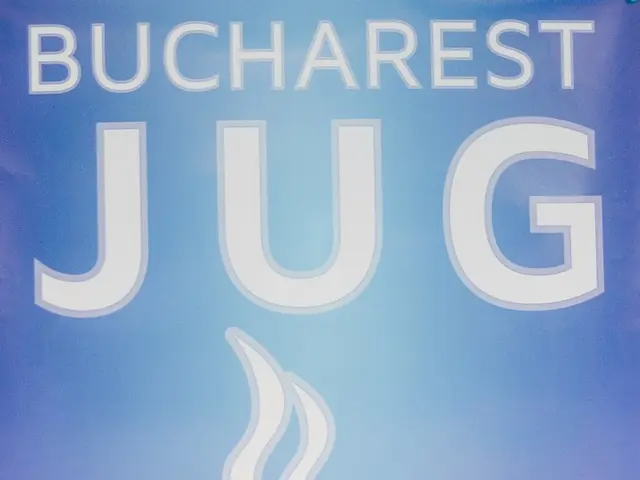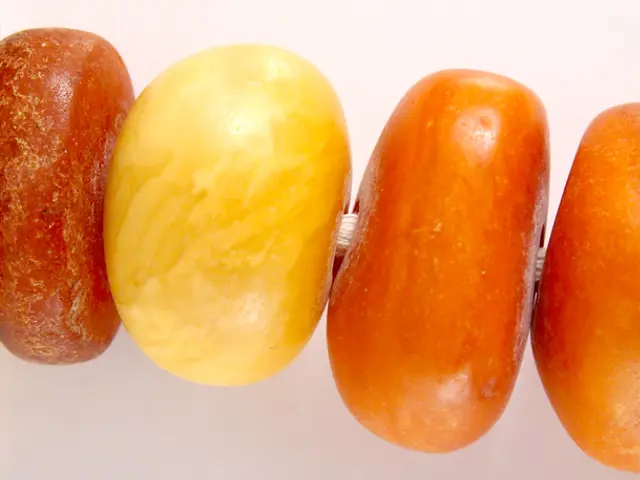Expansion in the art world sees a surge in the profitable business of artist estates.
In the dynamic world of art, managing an artist's estate can be a complex task. Various challenges, such as fraudulent sales, authenticity verification issues, and financial disputes, often arise. Two organisations, AFELL (Artists' Futures, Estates and Legacy Lab) and Soft Network, are playing significant roles in addressing these issues.
The Rauschenberg Foundation, known for its unique partnership with blue-chip galleries, is an anomaly among foundations and estates. Similarly, Soft Network, a New York-based operation, focuses on helping artists' estates with exhibitions, programs, and legacy work. One such estate under Soft Network's purview is that of Cat Gardère, whose work was recently showcased at the Independent art fair in September 2022.
Cat Gardère, the inaugural participant in Soft Network's residency program in 2022, took over her father's estate in 2011. After managing his studio and coordinating exhibitions, she spent 40 hours a week over 3 years documenting, inventorying, and creating a digital archive of her father's work. Her dedication paid off, as her work was included in a museum presentation at the Zimmerli Art Museum at Rutgers University, following Soft Network's spotlight on her father's work.
Soft Network also presented a solo booth of Gardère's work at the Independent art fair, and her father's installation, "Atrium Furnishment," by Álvaro Urbano, is currently receiving more attention as part of an installation at SculptureCenter. Urbano's installation features a faux drop-ceiling with a gradient lighting program, a deconstructed rearrangement of the original installation's marble and onyx decor, and delicate metal sculptures that resemble blooms found in Central Park.
Fraud and verification issues are common challenges faced by artists' estates. Artworks are often sold privately without third-party registration, leading to risks of fake buyers, impostors flipping artworks against agreed terms, and difficulty in verifying the legitimacy of transactions. AFELL, a Google group started in 2019, serves as a platform for individuals and organisations to share resources related to art estate work.
Contractual and financial disputes are another challenge. Artists' estates may face difficulties in collecting rightful proceeds and defending against galleries or dealers who withhold payments or assert improper contractual claims. Organisations like AFELL and Soft Network provide legal education, improve enforcement mechanisms, and advocate for artists' financial and moral rights in today’s evolving art market landscape.
AFELL equips artists and their estates with resources on contract negotiation, rights management, and estate planning to protect artists' legacies and royalties. Soft Network works on developing frameworks and technologies to better track provenance and enforce resale terms, mitigating fraud risks and improving market transparency. Both organisations also advocate for artists’ rights, ensure fair royalty distribution to artists and estates, and help enforce copyright and related rights in changing markets, including those posed by AI.
In conclusion, artists' estates face significant challenges from opaque markets, fraudulent activities, contractual ambiguities, and financial disputes. Groups like AFELL and Soft Network help by offering legal education, improving enforcement mechanisms, and advocating for artists' financial and moral rights in today’s evolving art market landscape.
- Managing an artist's estate can involve complex tasks such as verifying authenticity, addressing fraudulent sales, and resolving financial disputes.
- The Rauschenberg Foundation is known for its partnerships with blue-chip galleries, setting it apart from other foundations and estates.
- Soft Network, based in New York, assists artists' estates with exhibitions, programs, and legacy work, as seen in Cat Gardère's case.
- Cat Gardère, after taking over her father's estate in 2011, spent years documenting and inventorying his work, which led to a museum presentation and a spotlight on her father's work.
- Soft Network presented a solo booth of Gardère's work at the Independent art fair and her father's installation, "Atrium Furniture," is currently gaining attention at SculptureCenter.
- Artworks sold privately without third-party registration can lead to risks of fake buyers, impostors, and difficulty in verifying transactions, making fraud and verification issues common challenges.
- Organisations like AFELL and Soft Network provide legal education, improve enforcement mechanisms, and advocate for artists' financial and moral rights in the evolving art market landscape.
- AFELL equips artists and their estates with resources on contract negotiation, rights management, and estate planning, while Soft Network focuses on tracking provenance and enforcing resale terms.
- Both organisations also advocate for artists’ rights, ensure fair royalty distribution, and help enforce copyright and related rights, including those posed by AI.
- In conclusion, artists' estates face significant challenges in opaque markets, fraudulent activities, contractual ambiguities, and financial disputes, but organisations like AFELL and Soft Network are helping by offering legal education, improving enforcement mechanisms, and advocating for artists' financial and moral rights.
